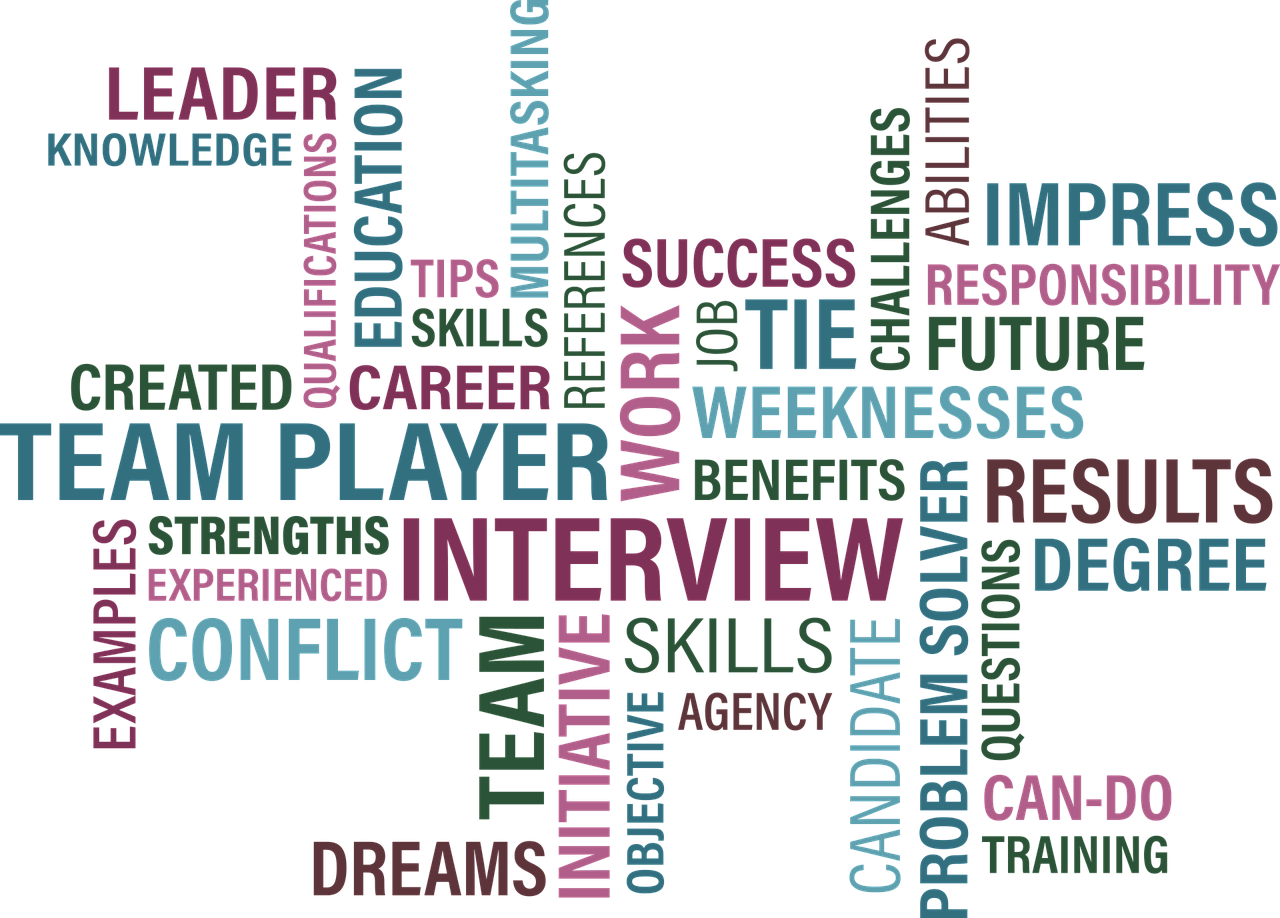Learn about ways to leverage the 80/20 rule and how it can positively impact your job hunting.

In these trying times with unemployment rates skyrocketing, competition for jobs and the amount of people applying are at an all-time high. Here are a few tips on how to prioritize your job search efforts and how to use the 80/20 rule in multiple aspects of your job hunt.
The 80/20 rule is a statistical principle that says 80% of results often come from 20% of causes/efforts. (a.k.a. the Pareto Principle created by Italian economist Vilfredo Pareto)
Examples to provide some overall context:
20% of the sales team produces 80% of the sales
20% of your flooring gets 80% of the foot traffic
80% of complaints come from 20% of your customers.
80% of social media shares come from 20% of all posts
The way this is applied to a job search is that 20% of what you do in your search will account for 80% of the results and the reverse holds true as well. 80% of what you are doing to find a new job is only producing 20% of the results.

Job hunting can be stressful, especially when the hunter does not feel like they are in control of the outcome. If you are not achieving your expected results, it’s time to for a change. This principle is built to PRIORITIZE.
Job hunting requires a number of different activities being performed in unison, with varying results from each piece performed. Deciding how much time to spend on each and how to prioritize efforts is where the Pareto principle (80/20 rule) comes in. This rule can help identify where the majority of your time and energy should be spent. With the key being: Focus on what makes the biggest impact.
Try to focus on the high impact areas. If you are spending 80% of your job search responding to help wanted/job ads and blanketing your metro area with your resume and you’re not getting a good amount of callbacks or interview requests; it is time to change things up. Try spending 80% of your time building and expanding your personal network, talking to friends, family, colleagues, new contacts about the jobs you desire and the value you can bring.
A large amount of jobs these days are filled through networking “who you know, people you meet and who they know”. To follow this rule, you will have to get out from behind your resume and network, take risks, ask for introductions, meet & speak with new people, leverage your connected contacts.
You should also build your resume using the same principle. The top 20% of your resume needs to make the biggest impact or the rest will not even be reviewed. Tell prospective employers what you are capable of doing for them. Provide specifics on ways you would immediately add value, not the typical resume fluff.
Follow this principal in your interviews as well. 80% of the results come from the introduction/beginning when opinions are being formed. Use that 20% of the interview to your advantage, prepare yourself to treat the beginning like the huge opportunity it is.
Bottom Line: Avoid spending 80% of your time with time-wasting activities, those are better 20% efforts. Do 80% of your research and thinking up front, then use 20% of your effort/time. Increased effort does not mean increased results, use strategy and prioritization. Use the 80/20 rule in all aspects of job hunting.


